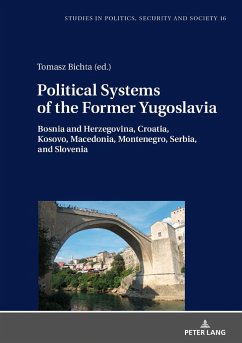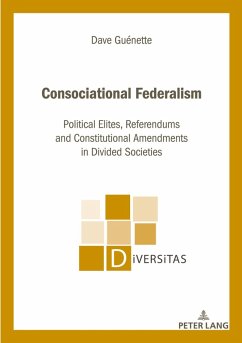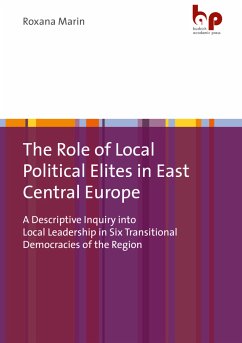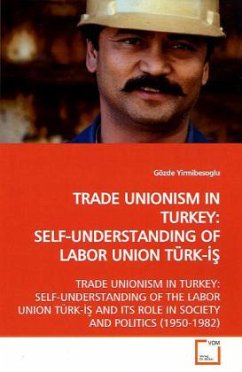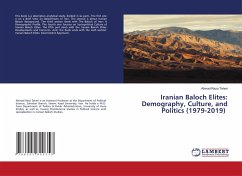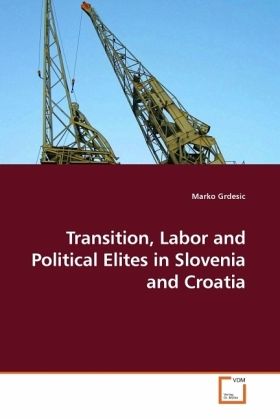
Transition, Labor and Political Elites in Slovenia and Croatia
Versandkostenfrei!
Versandfertig in 6-10 Tagen
32,99 €
inkl. MwSt.

PAYBACK Punkte
16 °P sammeln!
Although both Slovenia and Croatia feature relatively strong labor movements with autonomous trade unions capable of mobilizing action, these two countries' trade unions have diverged when it comes to their position in the political landscape. This paper argues that it is the attitudes and orientations of the elites that have shaped the political standing of trade unions to the largest extent. Especially important were the attitudes of the elites during the critical juncture of the early 1990s. The pattern of interaction that has formed in this period has had the tendency to persist despite la...
Although both Slovenia and Croatia feature relatively strong labor movements with autonomous trade unions capable of mobilizing action, these two countries' trade unions have diverged when it comes to their position in the political landscape. This paper argues that it is the attitudes and orientations of the elites that have shaped the political standing of trade unions to the largest extent. Especially important were the attitudes of the elites during the critical juncture of the early 1990s. The pattern of interaction that has formed in this period has had the tendency to persist despite later challenges that aimed at a reversal of the nature of this relationship. In both cases elites tried to reshape the political arena in subsequent periods so as to find a fundamentally change the position of trade unions. However, the attempt has not succeeded in either country. The political position of trade unions and the government-union relationship in Slovenia is thus best titled inclusionary, while for Croatia this pattern is best titled unstable.



